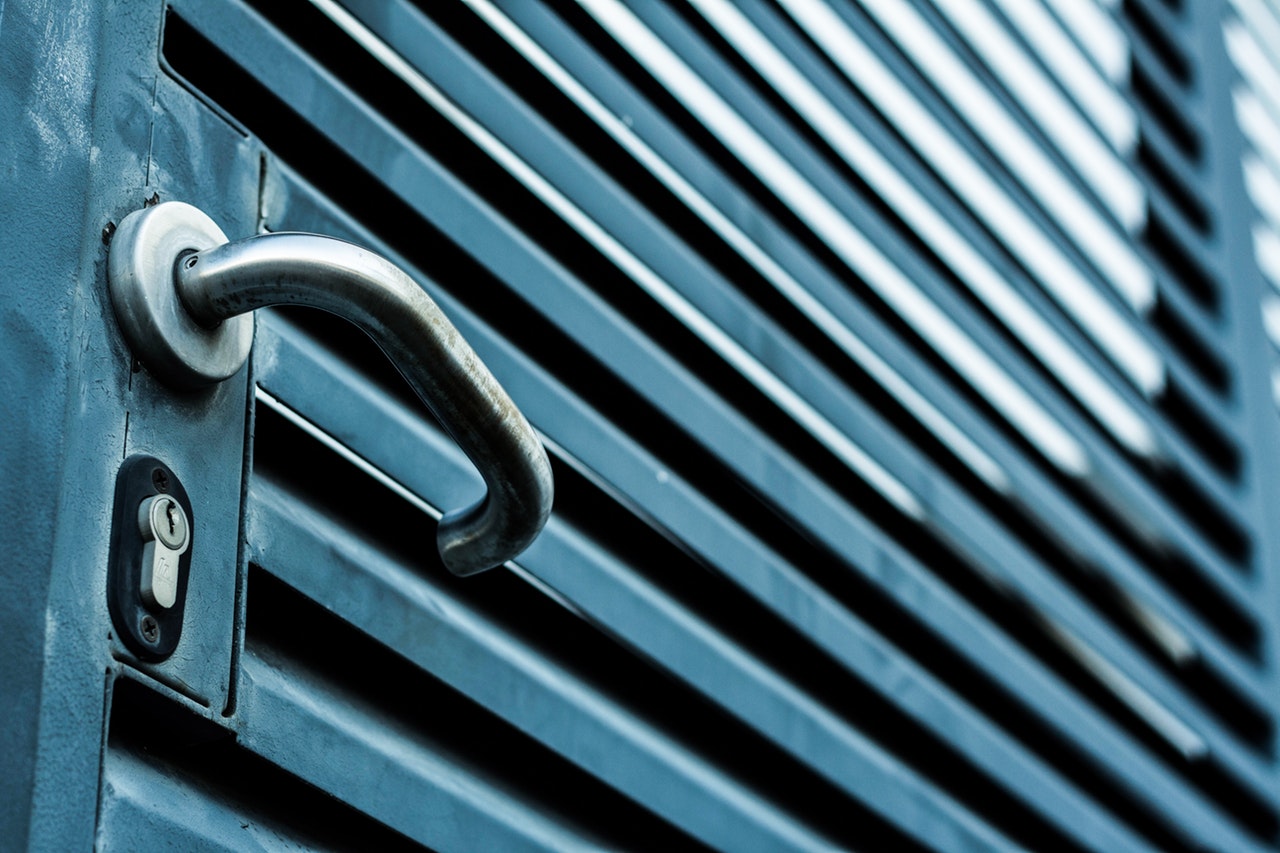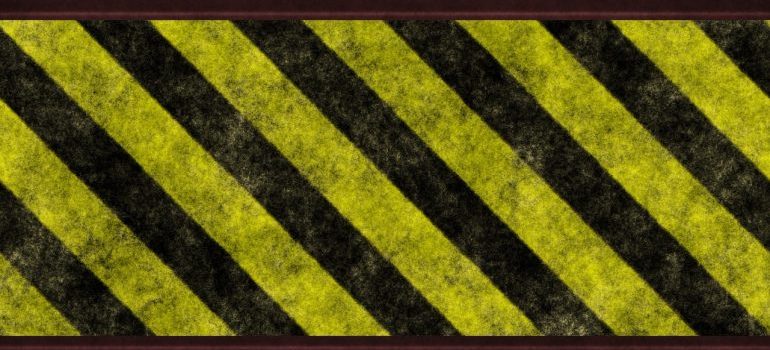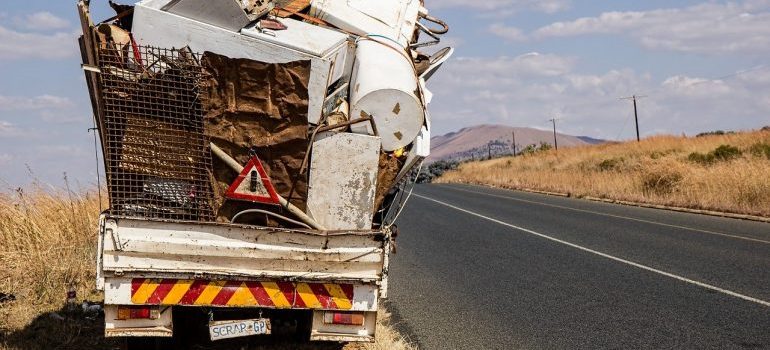Non-storable household items to consider
get a quote
Renting a storage unit is a perfect way of gaining more free space within your home and garage. Whether you are relocating, downsizing, or doing some seasonal cleaning – storage can be an indispensable tool. The use of storage is a fast-growing trend and one that promises to continue expanding in the coming years. However, there are some non-storable household items that you have to take into consideration. Certain items are either not well suited for storage or can even pose a danger. And PortaBox Storage is here to provide you with some insight and guidance into those items.
What are the benefits of renting a self-storage unit?
We all sometimes find ourselves holding onto items that we no longer need or use. Upon buying a new TV or a new piece of furniture, the thought that comes to mind is often: “Why would I throw away the old one when I might still need it someday?” And that’s a great point. As a result, material possessions like old televisions can clutter your household in no time, leaving limited space to store more important and regularly used items and supplies. That’s where the practicality of storage units comes into play. You can easily declutter your home and still retain those items you will want and need in the future.
While there are some non-storable household items, you can successfully store furniture, appliances, electronics, etc. Another great use for a self-storage Lynnwood container is for collectibles and “seasonal use” items such as decorations and sporting goods. It’s a safe and protected environment that you have easy access to when you want it.
Not everything can or should be stored
While having a storage unit allows us to declutter our homes and free up some valuable space, it still has its limitations. And one of those limitations is that there are some household items that are non-storable. These are usually things that are either too dangerous to store (i.e. gasoline) or perishable items (i.e. food items) that can spoil easily. So, when renting a storage unit, make sure you know the ground rules of what’s allowed and what isn’t. Otherwise, you might end up causing a major issue within your storage unit and potentially the whole storage facility which can result in a financial or legal penalty.

Which are the most common non-storable household items?
There are many types of household items that are non-storable – items that pose a potential danger to the storage facility and the people working there. And this list is a rather long one. But, there are categories of items that are strictly forbidden.
Dangerous items not allowed in storage units
There are many dangerous items around a home. Some pose no threat while in controlled conditions but can be especially dangerous in case of a fire.
Flammable
A leading category of non-storable household items includes flammable items that can combust and cause a fire. And some of the most notable items are gasoline, propane, paint thinner, acetone, and kerosene. They produce no harm on their own when properly sealed in a stable environment. But, in case of a fire, they are very dangerous.
For example, fireworks are strictly forbidden in storage units due to the high concentration of gunpowder in them. Another great example is ammunition and weapons. Even when relocating such items, you need to take special precautions. You should always check with your moving company if they can safely store and transport them. They are dangerous on their own account. But, again, in case of a fire, even a gun safe can be exposed to potential harm.

Cleaning supplies
While it is perfectly fine to store cleaning supplies such as mops, sponges, gloves, masks, etc. – liquid cleaning products are potentially dangerous to store away long-term. And most storage companies forbid keeping them inside storage units. Instead, either consider using them, sharing them with friends or neighbors, or disposing of them in a safe and environmentally-friendly manner.
And the most obvious example of non-storable items – live plants
Aside from harmful or flammable items, you should also never put plants in a storage unit. There are many reasons why it’s a bad idea to store anything alive. Plants are also something that shouldn’t be stored. They can dry out and begin producing bad odors, they can harbor insects, and some types can continue growing and cause damage to your belongings and storage unit itself.
Other types of non-storable household items
Aside from the obvious ones, there are some other types of items that should never be stored. Aerosols, pesticides, and fertilizers are some of them as if the container starts leaking, it can cause damage to your belongings and the storage unit. It’s the same with medical supplies and pharmaceuticals. Aside from the fact that they can expire and be harmful if ingested, they can also produce bad odors and cause harm to other items.
How should you deal with such items?
Now that you know some of the non-storable household items, you should also be aware of what to do with them. If you can’t keep them in your home, you will have to either find someone who wants them or secure a way to safely dispose of them. Most of the items on this list can’t just be thrown away. You have to take them to a facility that can ensure they are properly disposed of. It is against the law to throw away any of these items in a dumpster, empty chemicals outside, or leave such items on the side of the road or in an abandoned area. There are eco-friendly measures for properly disposing of such items, it just takes a little bit of research and planning.

Be responsible when dealing with items that you are unable to store away
It’s very important that you deal with those items in a safe and environmentally friendly way. Most, if not all, of the items on this list, are dangerous for the environment in some way or another. So, if you have a box of ammunition that you no longer need – simply take it to the ammo shop. They will most likely be willing to take it and handle its disposal appropriately. And if you have potentially dangerous chemicals, make sure you don’t bring them to a temporary storage Seattle facility.
